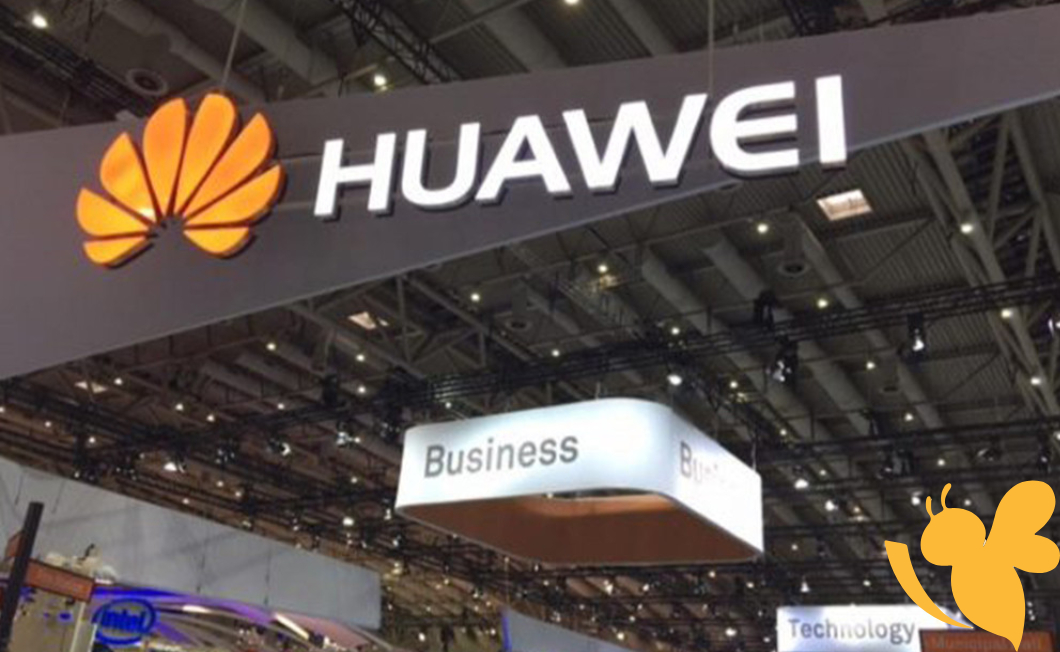The recent decision by Taiwan to blacklist Chinese tech giants Huawei and Semiconductor Manufacturing International Corp. (SMIC) reflects the growing tensions in the U.S.-China technological rivalry. As part of its export control measures, Taiwan now requires local companies to obtain government approval before exporting products to these firms . This action is significant as it not only restricts Huawei's and SMIC’s access to essential Taiwanese technologies but also aligns Taiwan with U.S. national security concerns regarding these companies. Both entities have been implicated in issues related to technology theft and espionage, prompting their inclusion on various trade restriction lists .
The International Trade Administration of Taiwan included Huawei, SMIC and a host of their subsidiaries in a Strategic High-Tech Commodities Entity List, according to the updated list published by the island’s Ministry of Economic Affairs on its website on Saturday.
Huawei and SMIC did not immediately respond to a request for comment on Sunday.
The entity list barred both companies from acquiring key semiconductor technologies from Taiwanese companies, dealing a blow to China’s chipmaking ambitions to rival US producers like Nvidia.
Huawei and SMIC have both been sanctioned by the U.S. The two companies are producing China’s most advanced homegrown artificial intelligence chips in an effort to compete with U.S.-based Nvidia and supply Chinese tech firms with the much-needed chips amid export curbs.
Taiwan is home the world’s largest chipmaker, Taiwan Semiconductor Manufacturing Co. (TSMC), a major supplier for Nvidia.
Last November, the U.S. ordered TSMC to halt supplies of certain advanced chips to Chinese customers as part of broader efforts to restrict China’s access to cutting-edge technologies.
The MJIB’s latest crackdown demonstrates Taiwan’s determination to protect its semiconductor workforce from what it calls “illegal poaching”.
The scale of the investigation, which involved 34 searches and 90 interviews, signals that authorities are escalating their efforts to counter foreign recruitment activities deemed harmful to national security and industrial competitiveness.
Moreover, this move underscores the broader implications of geopolitical conflicts for global supply chains. By limiting exports to Huawei and SMIC, Taiwan aims to safeguard its technological advancements while simultaneously responding to external pressures from the United States . Such actions indicate a strategic alignment with U.S. policies that seek to mitigate potential threats posed by Chinese firms in critical sectors such as artificial intelligence and semiconductor manufacturing.
Read more
Wings of War: Defense Dominates Paris Air Show From Cities to Small Towns, ‘No Kings’ Protest Mobilizes MillionsSara H
Also on site :
- Sisi holds meeting with CBE governor, as Egypt’s foreign reserves hit record $52.6 billion
- Trump Announces Increase in Global Tariffs from 10% to 15%
- Africa: Africa's Regional Blocs Must Prevent a Silent Scramble for Critical Minerals

